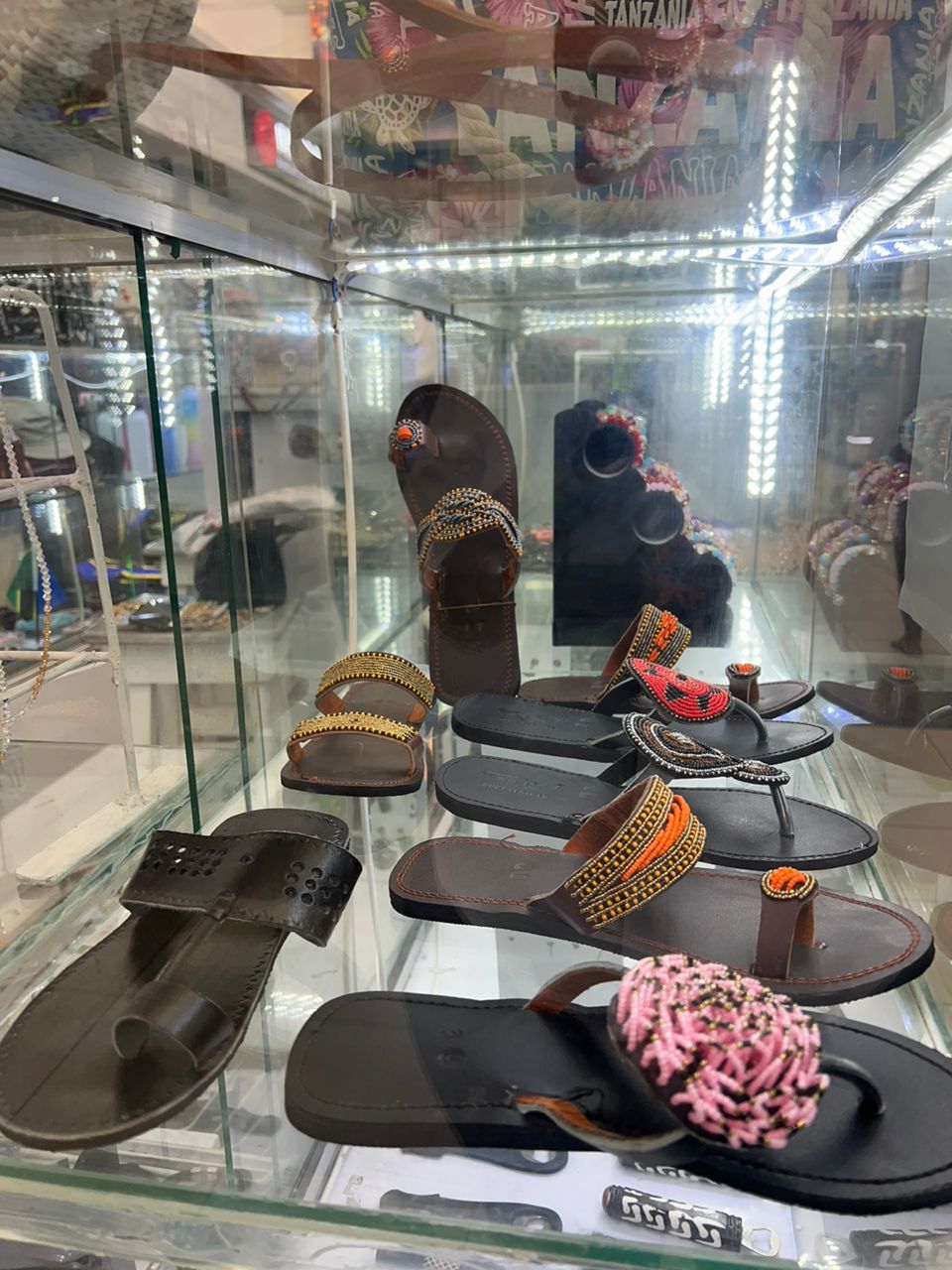1. Executive Summary
Tanzania Community Support (TCS) is an NGO dedicated to improving the lives of
marginalized populations in Tanzania, with a focus on women living with HIV/AIDS (WHIV),
women with disabilities (WWD), women who use drugs (WWUD), female sex workers (FSWs),
adolescent girls and young women (AGYW), TB survivors, and those affected by leprosy. This
proposal seeks funding to implement a 24-month Income Generating Activities (IGA) project
designed to enhance economic stability, empower vulnerable groups, and foster long-term
community development.
The IGA project will leverage our experience and community connections to provide targeted
support in the form of skills training, seed funding, and ongoing mentorship. By focusing on
income generation, we aim to address critical issues of poverty and economic marginalization,
thereby improving health outcomes, social inclusion, and overall quality of life for our target
groups.
2. Organizational Background
Tanzania Community Support (TCS)
Established: May 2018
Registered: January 2022
Mission: To support community needs including health and well-being, nutritional
support, disability support, and other community-related issues with a focus on
empowering marginalized populations.
Focus Areas: Health, nutrition, disability support, women empowerment, and support for
vulnerable groups.
Leadership: Led by women dedicated to advancing the rights and well-being of
marginalized communities.
3. Problem Statement
In Tanzania, marginalized groups such as WHIV, WWD, WWUD, FSWs, AGYW, TB
survivors, and individuals affected by leprosy face significant socio-economic challenges. These
include:
Economic Marginalization: Limited access to income opportunities and financial
independence.
Social Stigma: Discrimination and social exclusion hindering full participation in
economic activities.
Health Challenges: Increased vulnerability to health issues exacerbated by economic
instability.
4. Project Objectives
1. Increase Economic Independence: Provide targeted support to enhance the income-
generating capacity of vulnerable groups.
2. Empower Women and Marginalized Groups: Strengthen skills and self-sufficiency
among WHIV, WWD, WWUD, and FSWs.
3. Promote Social Inclusion: Foster greater community acceptance and integration of
marginalized individuals.
5. Target Groups
1. Women Living with HIV/AIDS (WHIV)
2. Women with Disabilities (WWD)
3. Women Who Use Drugs (WWUD)
4. Female Sex Workers (FSWs)
5. Adolescent Girls and Young Women (AGYW)
6. TB Survivors
7. Individuals Affected by Leprosy
6. Project Activities
1. Needs Assessment:
o Conduct surveys and focus groups to identify specific needs and interests related
to income-generating activities.
2. Skill Development Workshops:
o Organize training sessions in various skills such as tailoring, handicrafts,
agriculture, small business management, and digital literacy.
3. Seed Funding and Resource Provision:
o Provide initial financial support and necessary resources to kick-start income-
generating activities.
4. Mentorship and Business Development Support:
o Offer ongoing mentorship, business planning assistance, and market linkage to
ensure sustainability and growth.
5. Health and Social Support Services:
o Integrate health education and social support services to address concurrent health
issues and enhance overall well-being.
6. Monitoring and Evaluation:
o Implement a robust M&E system to track progress, assess impact, and adjust
strategies as needed.
7. Implementation Plan
Month 1-3: Project setup, needs assessment, and stakeholder engagement.
Month 4-6: Development and delivery of skill development workshops.
Month 7-12: Disbursement of seed funding and resources, initiation of income-generating
activities.
Month 13-18: Ongoing mentorship, business support, and integration of health and social
services.
Month 19-24: Final evaluation, impact assessment, and project wrap-up.
8. Budget Breakdown
Item Cost (USD)
Needs Assessment and Planning 3,000
Skill Development Workshops 10,000
Seed Funding and Resource Provision 20,000
Mentorship and Business Support 8,000
Health and Social Support Services 7,000
Monitoring and Evaluation 5,000
Administrative Costs 2,000
Total 55,000
9. Expected Outcomes
1. Economic Impact: Improved income levels and economic stability for target groups.
2. Empowerment: Increased skills, confidence, and self-sufficiency among marginalized
women.
3. Social Inclusion: Greater acceptance and integration of vulnerable individuals within
their communities.
4. Sustainable Development: Establishment of sustainable income-generating activities
with long-term benefits.
10. Sustainability Plan
To ensure the long-term impact of the IGA project:
Community Ownership: Engage community members in project planning and
execution to foster ownership and sustainability.
Partnerships: Build partnerships with local businesses and organizations for continued
support and market access.
Capacity Building: Strengthen local capacity through training and support, enabling
communities to continue the activities independently.
11. Conclusion
The IGA project represents a critical step toward enhancing the economic well-being and social
inclusion of vulnerable groups in Tanzania. By addressing the specific needs of WHIV, WWD,
WWUD, FSWs, AGYW, TB survivors, and individuals affected by leprosy, TCS aims to create
lasting positive change. We seek the support of $55,000 USD to realize this vision and drive
significant impact in the lives of those who need it most.
Contacts:
Tanzania Community Support (TCS)
Dar Es Salaam, Sandali,
P.O. BOX 36033
Email: tanzaniacommunity.tcs@gmail.com
Health Communication: healthcommunication.tcs@gmail.com
Website: www.tcstz.org
